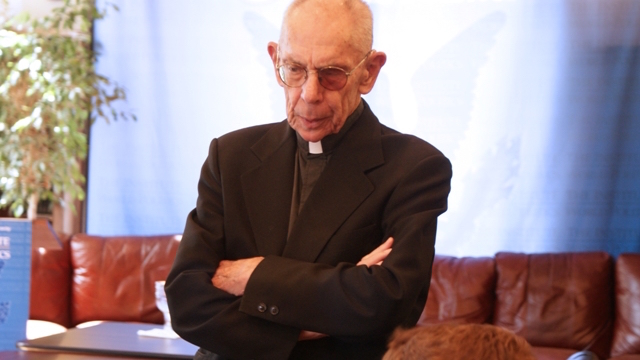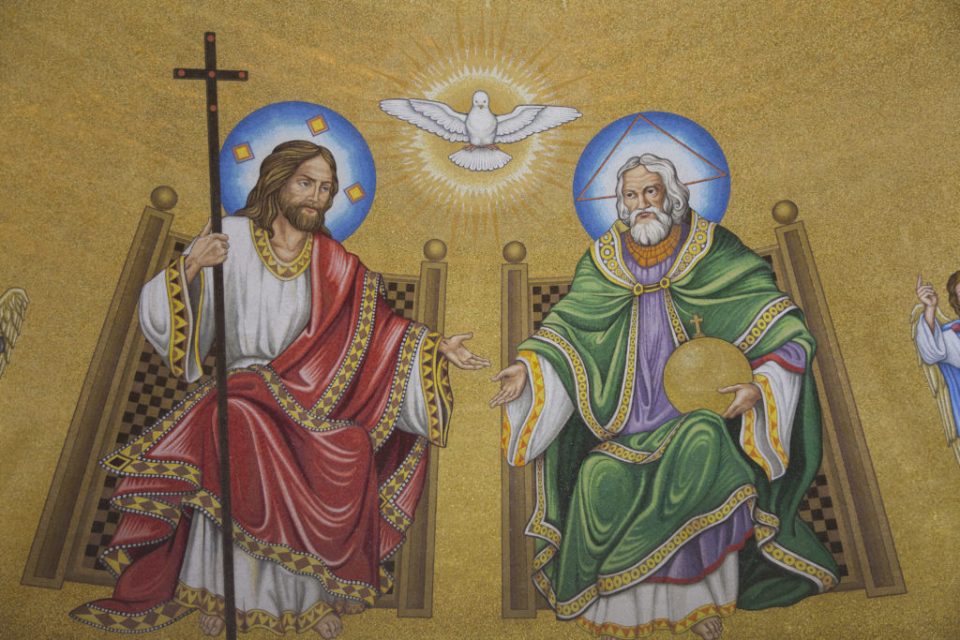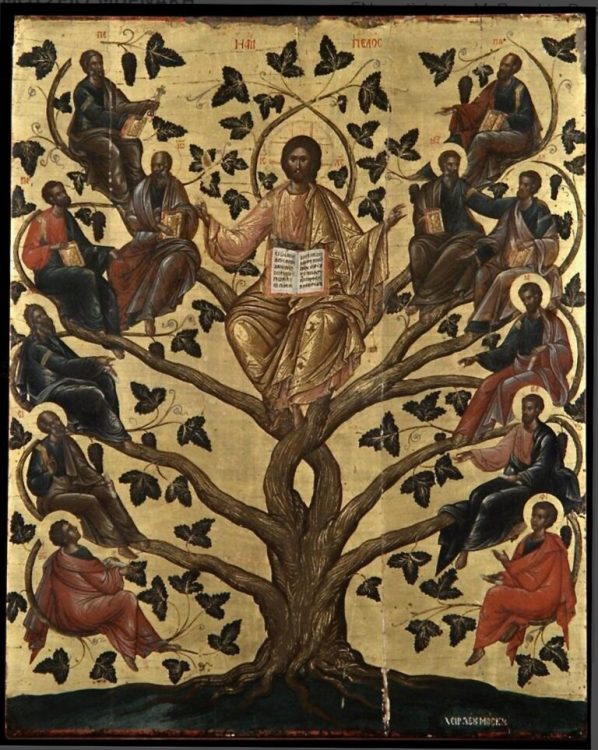Fr. James V. Schall, S.J.: Who Are You?

The Unsinkable Saint Who Missed the Titanic, by Joseph Pronechen
April 17, 2024
Baltimore Archbishop Says Latin Mass Will Be Suppressed at All Parishes, FSSP Mass Will Continue, by Emily Mangiaracina
April 17, 2024
Fr. James V. Schall, S.J. (1928-2019), who served as a professor at Georgetown University for thirty-five years... The Catholic Thing
By Fr. James V. Schall, S.J, The Catholic Thing, April 17, 2024
James V. Schall, S.J. (1928-2019), who served as a professor at Georgetown University for thirty-five years, was one of the most prolific Catholic writers in America. Among his many books are The Mind That Is Catholic, The Modern Age, Political Philosophy and Revelation: A Catholic Reading, Reasonable Pleasures, Docilitas: On Teaching and Being Taught, Catholicism and Intelligence, and, most recently, On Islam: A Chronological Record, 2002-2018.
Note: Today is the fifth anniversary of the death of our friend, priest, philosopher, and TCT contributor, Fr. James Schall, SJ. In tribute, we publish here one of his pieces from 2019, as well as a column by one of the many whom Fr. Jim inspired to take the risk of studying philosophy. Dr. Wood refers to three philosophers – the ancients Plato and Aristotle, and a contemporary, Msgr. Robert Sokolowski – all of whom Fr. Jim held in particular esteem. We remember him with the greatest affection, admiration, and gratitude. Requiescat in pace.




